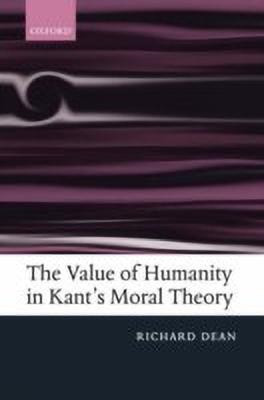The Value of Humanity in Kant's Moral Theory(English, Hardcover, Dean Richard)
Quick Overview
Product Price Comparison
The humanity formulation of Kant's Categorical Imperative demands that we treat humanity as an end in itself. Because this principle resonates with currently influential ideals of human rights and dignity, contemporary readers often find it compelling, even if the rest of Kant's moral philosophy leaves them cold. Moreover, some prominent specialists in Kant's ethics recently have turned to the humanity formulation as the most theoretically central and promising principle of Kant's ethics. Nevertheless, despite the intuitive appeal and the increasingly recognized philosophical importance of the humanity formulation, it has received less attention than many other, less central, aspects of Kant's ethics. Richard Dean offers the most sustained and systematic examination of the humanity formulation to date. Dean argues that the 'rational nature' that must be treated as an end in itself is not a minimally rational nature, consisting of the power to set ends or the unrealized capacity to act morally, but instead is the more properly rational nature possessed by someone who gives priority to moral principles over any contrary impulses. This non-standard reading of the humanity formulation provides a firm theoretical foundation for deriving plausible approaches to particular moral issues - and, contrary to first impressions, does not impose moralistic demands to pass judgment on others' character. Dean's reading also enables progress on problems of interest to Kant scholars, such as reconstructing Kant's argument for accepting the humanity formulation as a basic moral principle, and allows for increased understanding of the relationship between Kant's ethics and supposedly Kantian ideas such as 'respect for autonomy'.


